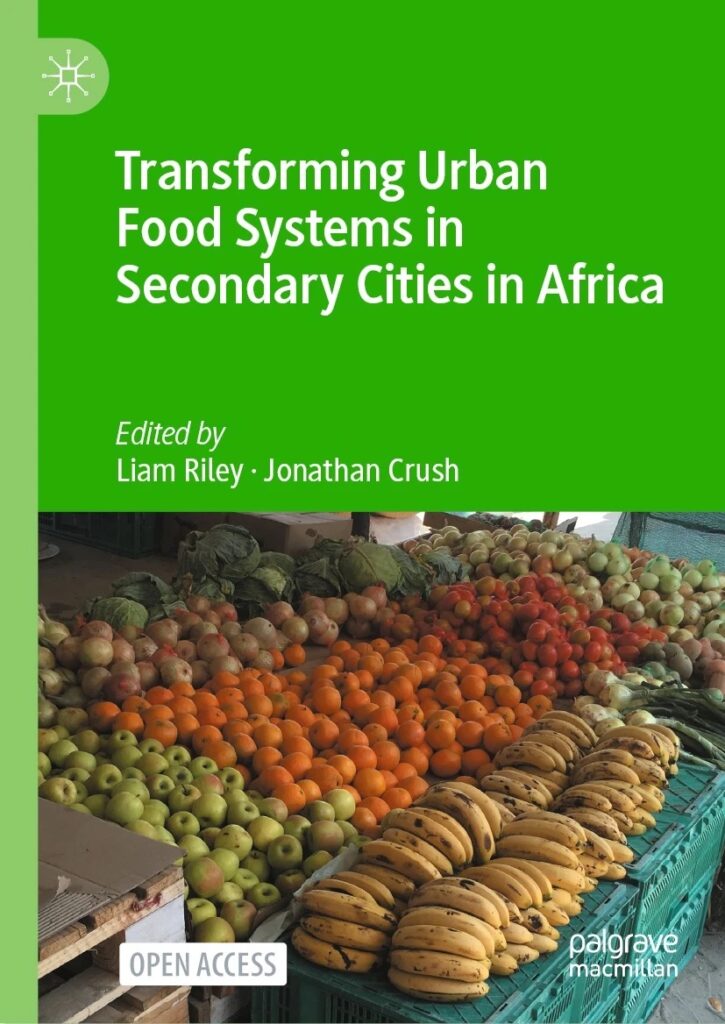Migrants in Countries in Crisis (MICIC)
The African Centre for Cities, the HCP partner in South Africa, has launched a new IDRC-funded project which investigates urban food systems in the prevention of non-communicable diseases (NCDs) in South Africa, Kenya and Namibia. Learn More (PDF)
Migrants in Countries in Crisis (MICIC) Read More »

